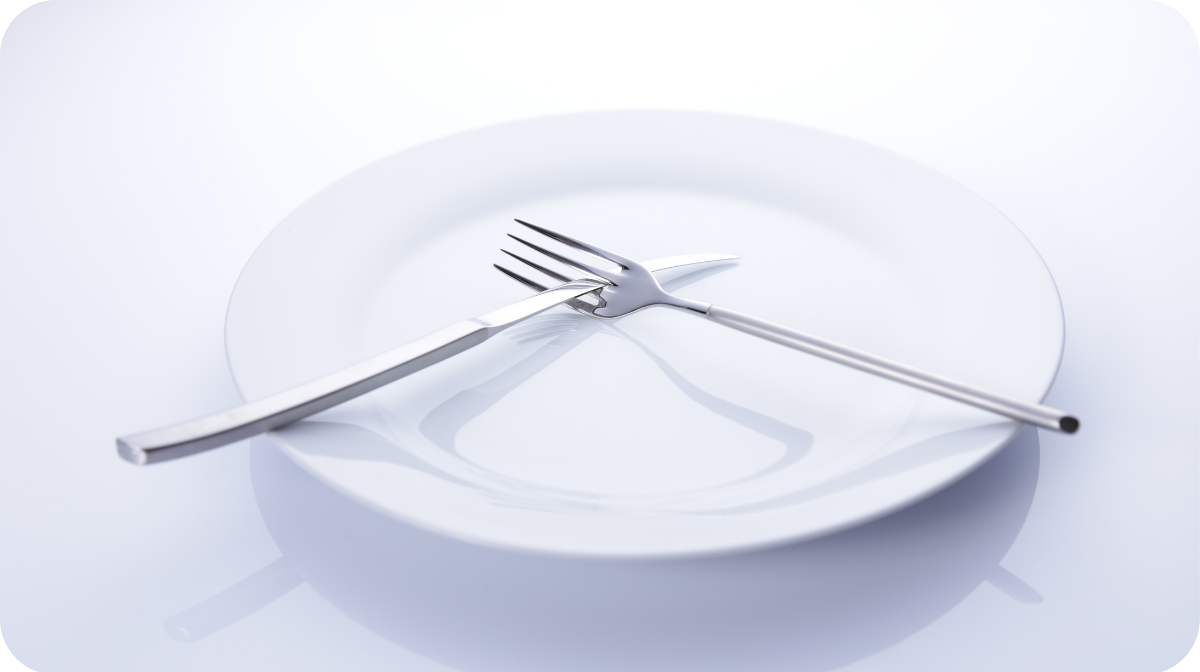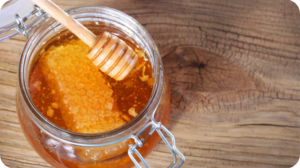We like to eat. We eat to celebrate. We eat to feel better when we’re sick or upset. We eat as a social exercise. We eat, and eat, and eat. In the modern age of plenty with every aisle of the supermarket stocked to overflowing, we have a nearly boundless supply of food from which to choose.

That doesn’t mean we should. In fact, we are an overeating society, consuming on average more calories than we need or will burn. That consumption, along with an increasingly sedentary modern lifestyle, has created an epidemic of obesity in America—and subsequent increases of nearly every disease related to excess weight.
The answer many people turn to is dieting. But statistically, people fail to maintain diets more than they succeed. Not to mention, most diets are unrealistic short-term answers to long-term challenges.
A wealth of research indicates that the answer to maintaining a healthy weight, preventing a range of diseases, and feeling better mentally and psychologically may not be so much what we eat, as what we don’t. Specifically, the answer may be intermittent fasting. This isn’t one thing; there are actually several effective ways to go on an intermittent fast. The most common (and commonly researched), are:
- The 16:8 method. Many people find this the easiest way to fast. You simply limit your eating window on any given day, only consuming food for a given eight-hour (although many choose a 10-hour) period from your morning meal, to dinner. Because you’ll likely be asleep for half of the remaining “fast” time, the discipline required is less burdensome than, say, a full-day fast.
- The 5:2 method. This is a better option for many people. This weekly regimen involves eating a normal diet for five days, and then limiting caloric intake for two days, eating one healthy meal of around 500 calories.
- Eat-Stop-Eat. This is simply fasting for a full day each week. Some adherents take this a step further and fast every other day. However, research has not shown either of these to yield superior benefits to other types of intermittent fasting.
Regardless of which method you choose, the benefits can be profound.
- Weight loss. This is perhaps the most popular reason people try intermittent fasting. The fast forces the body to switch from using glucose for energy, to burning fat stores. The effect persists even a short time after the fast is broken. There also appears to be other effects, such as boosting metabolic efficiency, that contribute to weight loss. The 16:8 method has proven particularly effective for weight loss.
- Brain and mind. There are a small number of recent studies that indicate long-term intermittent fasting may improve memory, mental process, and possibly even mood. More research needs to be done, and I have seen no direct evidence that intermittent fasting prevents or reverses diseases such as Alzheimer’s.
- Cancer. Fasting denies cancer cells the fuel they require to proliferate, weakening them and subjecting them to oxidative stress. Research shows that intermittent fasting can also boost the body’s ability to combat cancer. There is actually strong clinical evidence that fasting combined with chemotherapy or radiation therapy could improve the cancer-killing effects of both those treatments.
- Heart. A few studies have indicated that fasting may help reduce inflammation, including the inflammation that can lead to long-term heart disease and stroke risk.
- Fitness. I think the benefits of fasting during workouts are not as clear as for other parts of your health. Although many fitness enthusiasts have embraced intermittent fasting even during a workout schedule, the body could theoretically turn to breaking down muscle for energy. If you want to work out during a fast, I would suggest dialing back the intensity and duration of your exercise, and avoid full-day fasts.
- Diabetes. Studies have shown that intermittent fasting not only lowers blood sugar levels, it can also increase insulin sensitivity. It’s essential that anyone who is diabetic or pre-diabetic, consult a doctor or medical professional before attempting a fast.
Not eating doesn’t mean not consuming. In fact, you should up your intake of water. You can also drink zero-calorie beverages such as seltzer, coffee, or tea during a fast. Keep in mind that any fasting can be helpful; you don’t need to torture yourself with a long-term lack of food.
However, I can’t caution strongly enough that anyone considering intermittent fasting check with their primary care provider before attempting a fast—especially if you have a chronic disease requiring medication (some medications must be taken with food to be effective). I would also advise that those who have had eating disorders or are pregnant avoid fasting altogether.
Share some love if you like this post!





